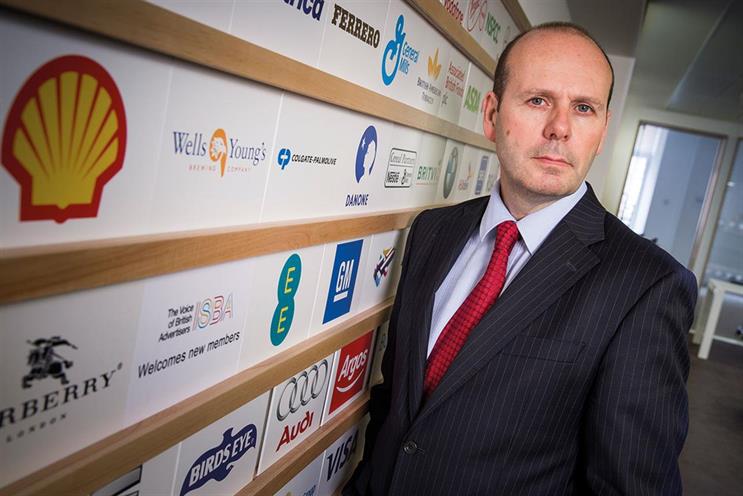Firstly, congratulations to MediaCom on its success at the 北京赛车pk10 Media Awards – well-deserved I'm sure. Winning awards is a great way to market any business, and for existing and potential clients it can serve as an indicator of the quality of the operation and the talent of personnel.
I have been the lucky recipient of a few awards in my agency days and it’s great when you win, especially if the clients are there on the night. Not all clients are convinced awards matter all that much in the grand scheme of things, but nevertheless a jolly good time is had by all. Seriously, well done to all.
The winning of awards is great PR and demonstrates hard work and success on behalf of clients, but does it mean an agency is faultless? No.
Does the ability of an agency to win awards have any bearing on the question of its trustworthiness, or on the transparency of its media trading practices? No.
It is therefore quite baffling and disappointing, that Group M's UK chief executive, Nick Theakstone, should attempt to use MediaCom’s success in these awards as an excuse to attack and discredit ISBA over a comment made in an entirely unrelated area of business.
On the other hand, I can quite understand why media agency folk get upset about the soundbite quoted in the article, which is attributed to Debbie Morrison, and is taken from . The doubt she expressed as to whether media agencies have "the best interests of their clients at heart," does seem quite brutal when taken at face value. However, it is being used completely out of context in this article, but then I’m sure the author is well aware of this.
The quote (the only one the FT journalist used) is unfortunate, and does not reflect the attitude of Debbie, nor of anyone at ISBA, towards the hard-working staff within media agencies in general, and only relates to issues surrounding media contracts and non-transparency.
No one at ISBA, least of all Debbie, would dispute the fact that media agencies work incredibly hard for their clients and produce great results for them. This does not mean that they are necessarily all doing the right thing by their clients when it comes to the issues surfaced by the ISBA contract template, and by the recent ANA report into rebates and non-transparent media practices in the US. Transparency initiatives are also in play in Australia, France, Canada, Brazil, and many other countries – advertisers can’t be wrong in all markets!
It is worth reminding readers that the media contract template was developed by ISBA in response to a catalogue of concerns raised by our members, the leading advertisers in the UK. Contrary to what some may think, we don’t sit around dreaming up ways to make life difficult for media agencies, we merely reflect the views of our members. These issues of non-transparency are of great concern to the vast majority of clients, those of Group M and MediaCom included.
Ironically, it was former MediaCom US chief executive Jon Mandel who raised the issues of the widespread taking of rebates, "kickbacks" and other incentives by agencies "that are at least potentially adverse to client interests", long before ISBA or the ANA entered the fray.
These issues are not going to disappear, no matter how much "gorilla dust" senior agency heavyweights throw in the air in an attempt to distract or confuse people.
We need constructive dialogue to attempt to resolve these very real problems. ISBA has begun working with the IPA to try to find solutions and to begin to restore trust. If Group M would like to be part of this process, or would like a face-to- face discussion with us rather than debating through the trade press, we would welcome the opportunity.
Mark Finney, ISBA’s director of media and advertising


